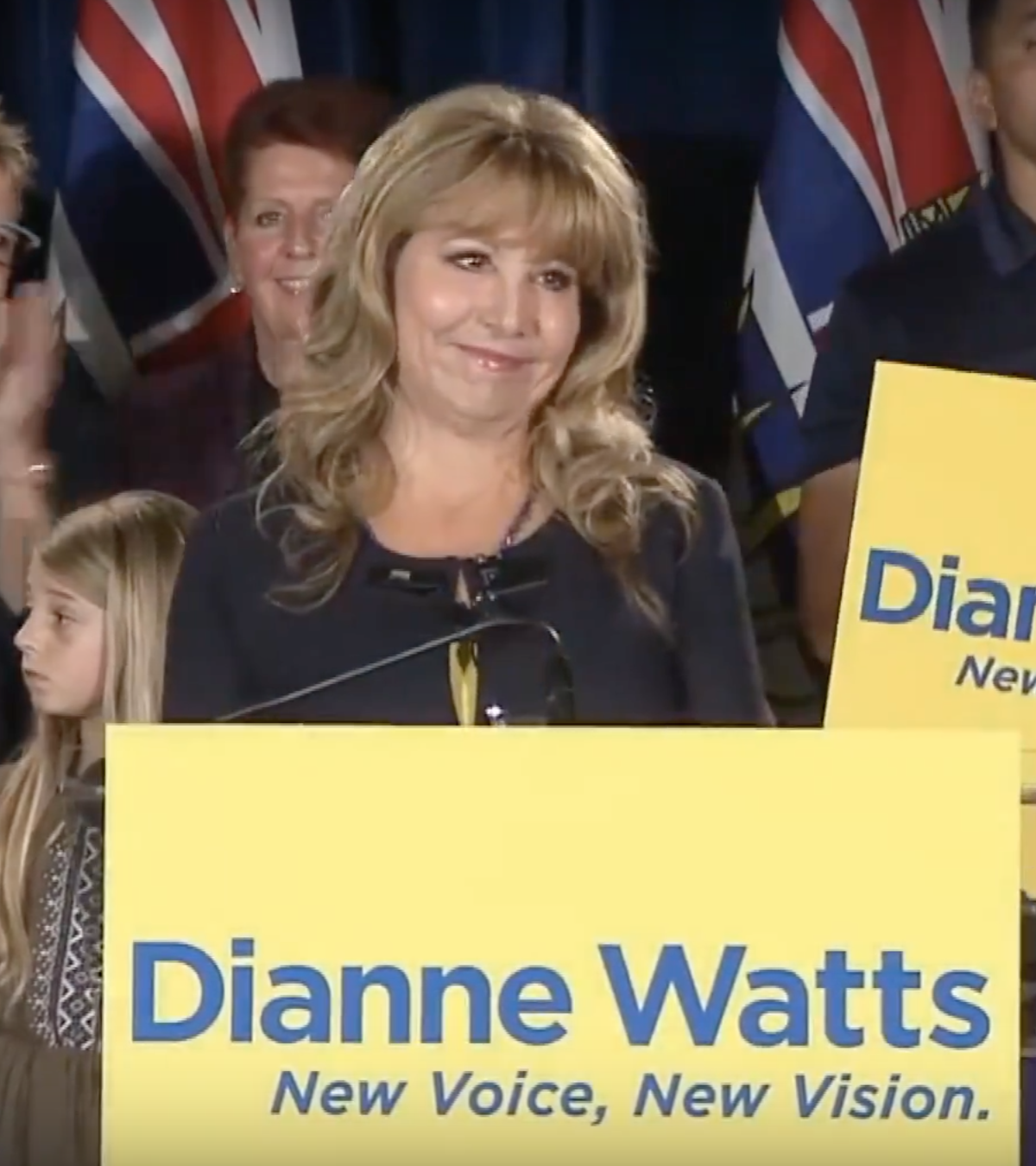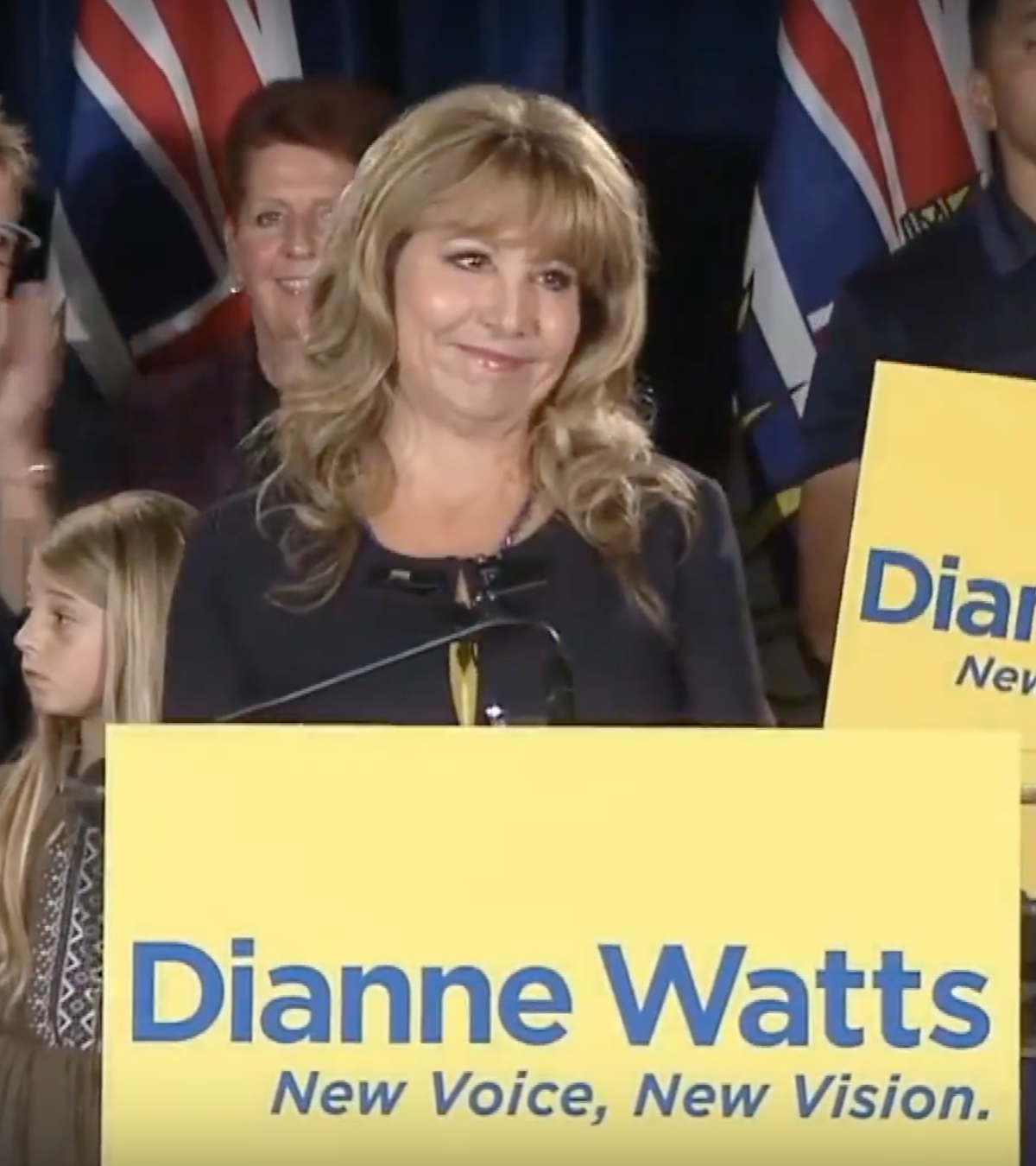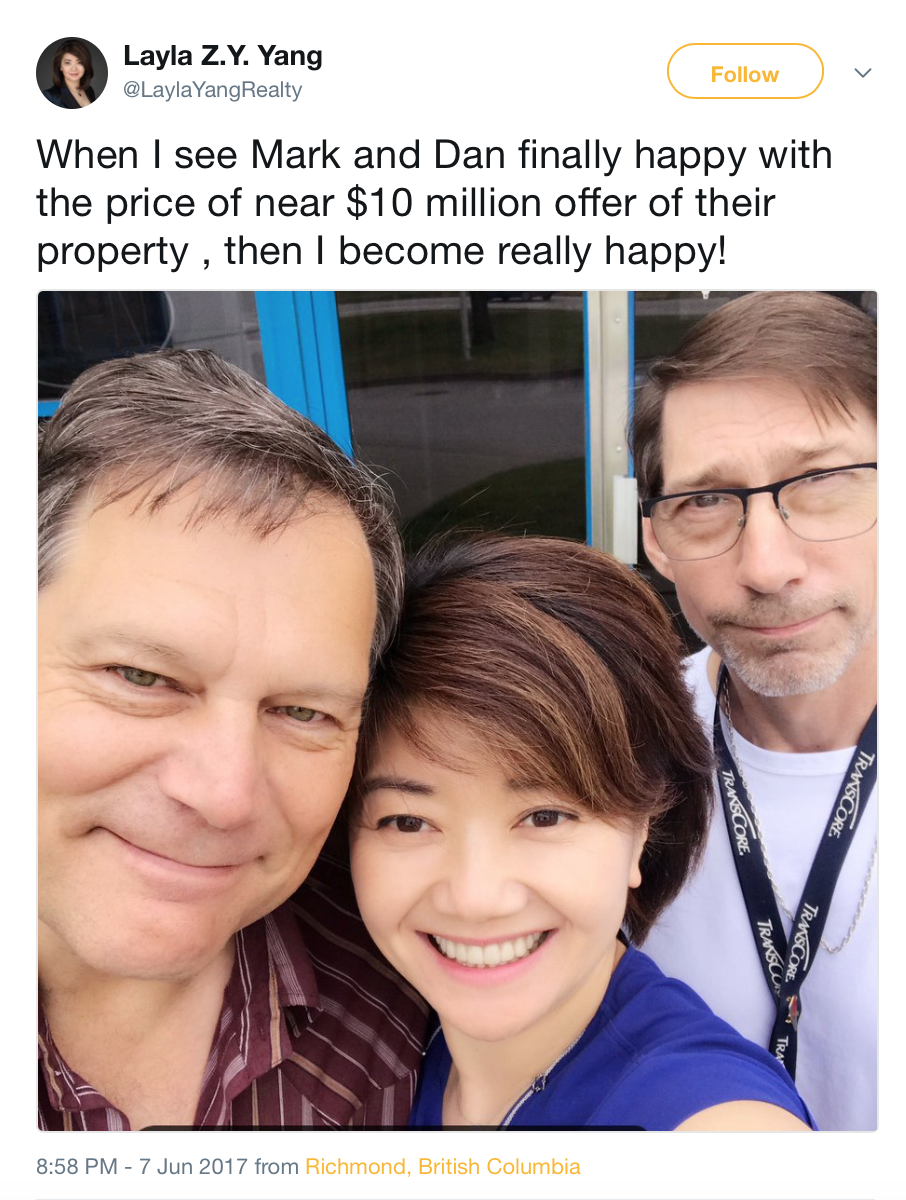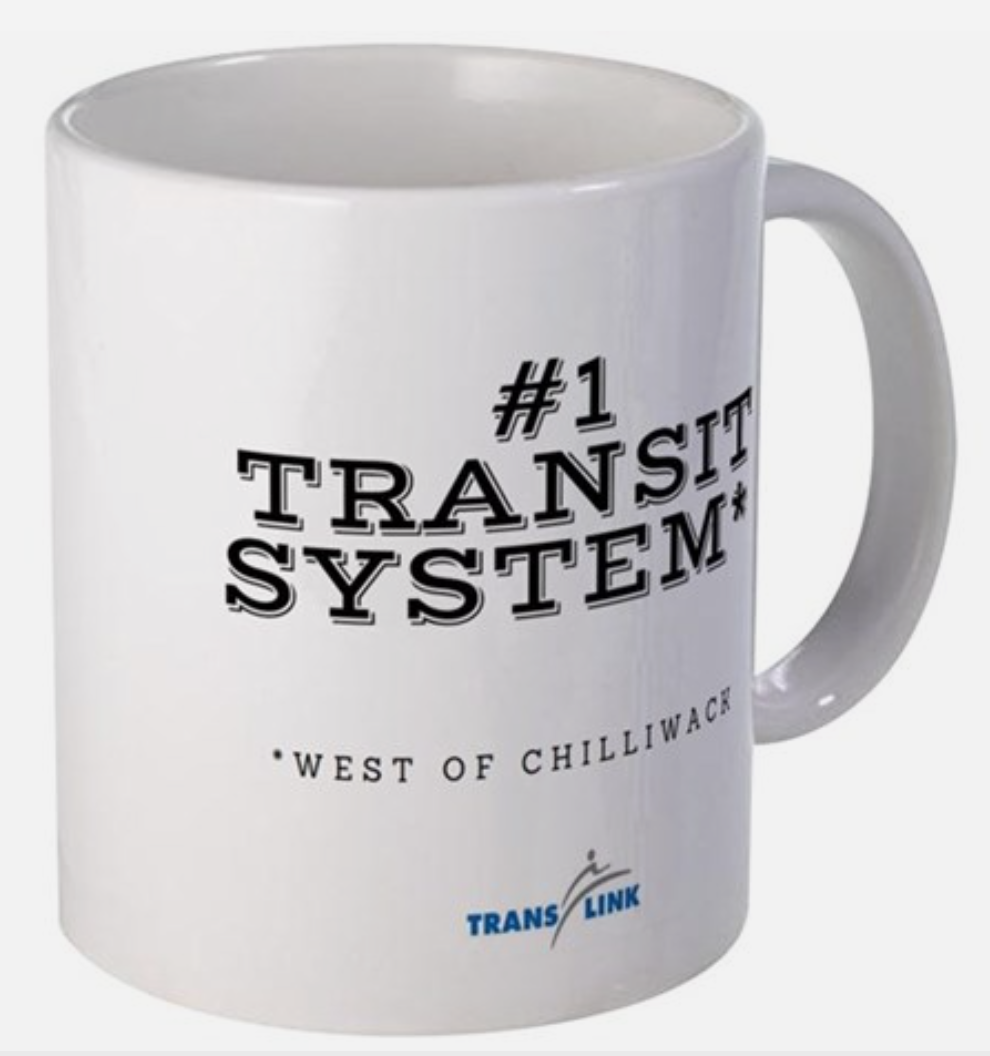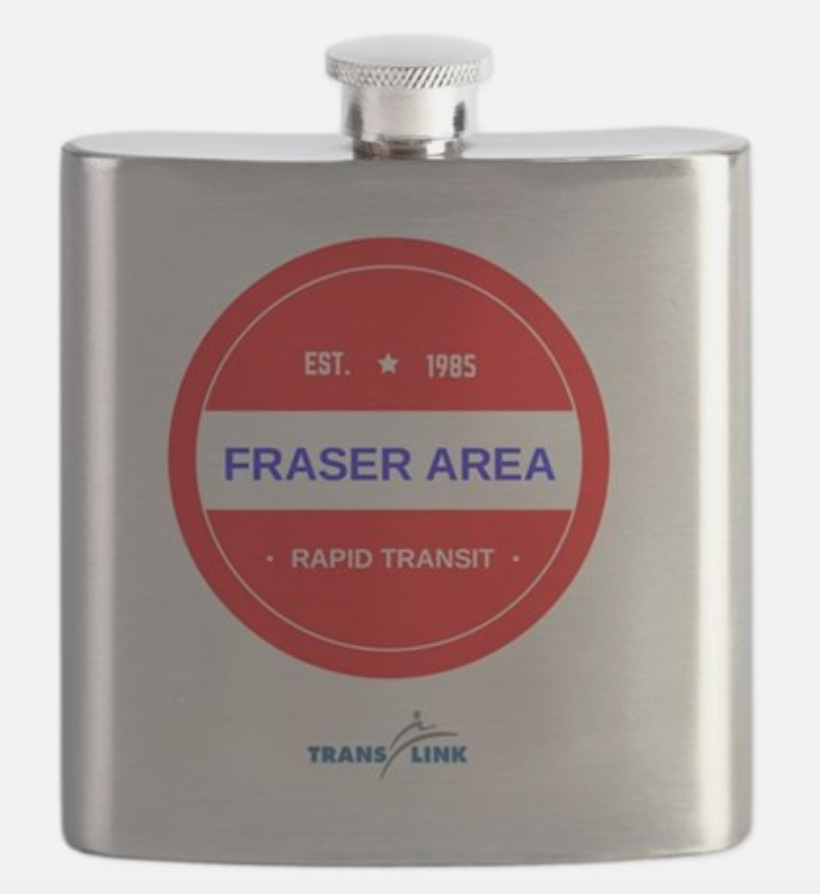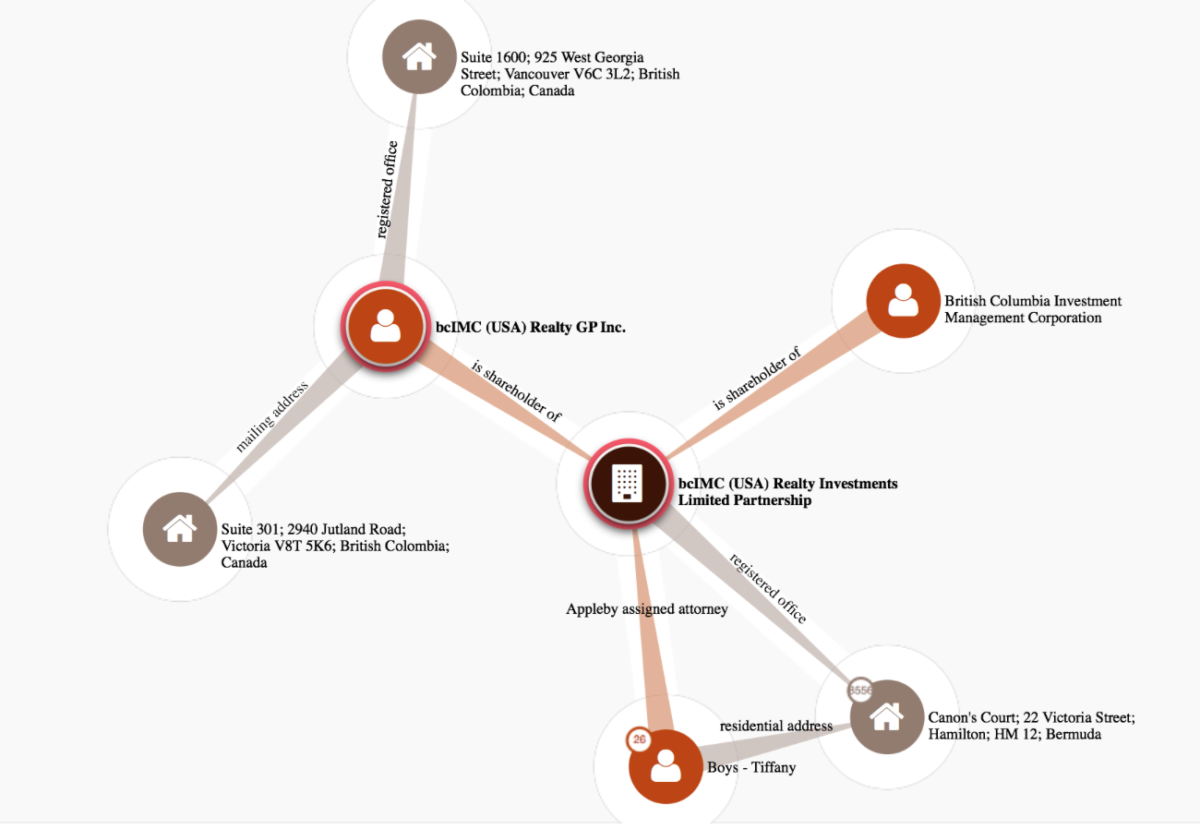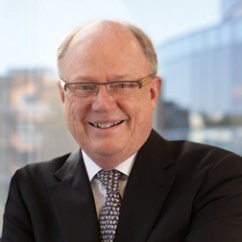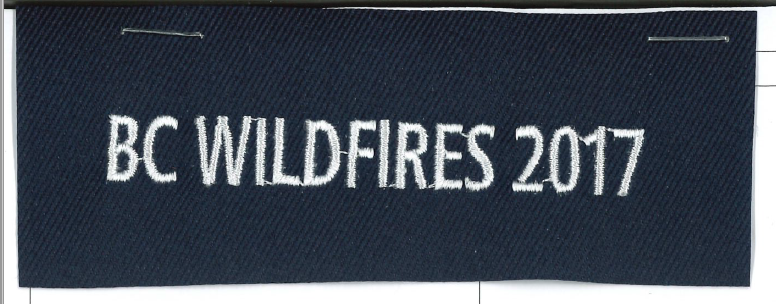Bob Mackin
Lilia Zaharieva is not looking forward to 2018.
The University of Victoria child and youth care student, 30, lives with cystic fibrosis. The genetic disease affects lungs and the digestive system, and there is no cure.
In 2015, doctors warned her that she had between two-and-five years left until total lung failure. Then she discovered a drug called Orkambi and her condition stabilized.

Lilia Zaharieva (right) cannot afford the $250,000-a-year cystic fibrosis medicine that the B.C. government is refusing to subsidize.
“I got my quality of life back and it’s been absolutely miraculous in my life, but my insurer stopped covering it,” Zaharieva told theBreaker.
It is the first medicine to treat the basic defect in the largest population of Canadians with cystic fibrosis. But her supply runs out early in the new year.
“It comes at an annual cost of $250,000 a year — I can’t afford that, and I don’t have a family here even to ask for help. I’ve been petitioning the office of [Health Minister] Adrian Dix since September to meet with me, to have a discussion with the other people from CF Canada. I’ve been met with a complete stonewall.”
Health Canada approved Orkambi in 2016, but no government in Canada has agreed to buy it from its U.S.-based maker, Vertex Pharmaceuticals, based on the Canadian Drug Expert Committee’s negative ruling.
Governments in countries bigger and smaller than Canada, such as Ireland, U.S., France, Germany, Netherlands, Denmark, Luxembourg, Austria and Italy, do cover the cost of Orkambi.
Cystic Fibrosis Canada estimated that 1,620 Canadians over the age of 12 could benefit from Orkambi, of which 159 live in B.C. Vertex has made a confidential offer to provincial governments to secure public reimbursement, but the pan-Canadian Pharmaceutical Alliance, which negotiates to buy drugs on behalf of the 13 provinces and territories and the federal government, is not negotiating.
Vertex reported a $122 million loss in 2016. It spent almost $1.05 billion on research and development and took in $1.68 billion in product revenues.
Zaharieva and another cystic fibrosis patient, Melissa Verleg of Vernon, are going to the B.C. Legislature on Nov. 29 to press their case with politicians in-person, especially Dix. Zaharieva said Dix recently called her, to tell her there would be no public funding for Orkambi. She said it seemed like he was more concerned with Vertex executive salaries than her plight.
“I’m losing hope and I’m running out of time,” Zaharieva said. “If I’m lucky, I’d be on the transplant list. Since my cellular function is being regulated right now, it’d be quite horrific with high side effects to go off [Orkambi].”
More than two dozen doctors across Canada who specialize in treating cystic fibrosis endorsed Orkambi (five of them declared conflicts of interest in their letter, mostly for receiving research grants from Vertex). In September, four cystic fibrosis specialists at St. Paul’s Hospital, Victoria General Hospital and B.C. Children’s Hospital wrote to Dix. They said the Canadian Drug Expert Committee recommendation against funding Orkambi was flawed.
“It puts us, as clinicians, in a difficult spot in terms of managing the health of many of our patients who could benefit from this potentially life-changing drug,” said the Sept. 8 letter.
Chris MacLeod, a Toronto lawyer who runs the CF Treatment Society, lives with cystic fibrosis. In 2012, he was down to 30% lung function and  spent four out of six months in a Toronto hospital. He now takes Kalydeco, another Vertex product. “I haven’t seen a hospital since I was on the drug.”
spent four out of six months in a Toronto hospital. He now takes Kalydeco, another Vertex product. “I haven’t seen a hospital since I was on the drug.”
MacLeod said it makes no sense that Canadian officials are not at the table, trying to negotiate a lower price with Vertex for Orkambi.
“When Dix came into office, presumably he had a plan to change things,” MacLeod said. “The fact is he has bought hook, line and sinker, toeing the company line — the minstry line — without even giving some push back. B.C. could negotiate a deal for Orkambi on its own or insist the pharmaceutical pricing alliance enter into negotiations.”
Last February, the BC Liberals finally agreed to fund the $60,000-a-year Duodopa for people with severe Parkinson’s Disease. On Nov. 20, Dix ordered an Expensive Drugs for Rare Disease advisory committee to consider treatments like the $750,000-a-year Soliris, for atypical hemolytic uremic syndrome, on a case-by-case basis.
At a Nov. 23 news conference in Victoria, however, Dix said the cost of listing Orkambi would be $87 million over three years. He said Canadians are being asked to pay 30% more for Orkambi than other developed countries and the Patented Medicine Prices Review Board is investigating Vertex “for being potentially excessive.”
Dix said it does not make sense to negotiate price without full approval.

Health Minister Adrian Dix. (BC Gov)
“When you consider that it failed both at the Common Drug Review and the Drug Benefit Council, there’s really no justification in the absence of the evidence-based independent review to have approved that, and that’s the direction we’re taking,” Dix told reporters in Victoria.
That is not what Zaharieva wanted to hear.
“I’m looking for hope wherever I can find it but I was devasted when I heard what came from that news conference,” she said.
CF Canada’s chief scientific officer, Dr. John Wallenburg, said he is optimistic that the tide could eventually turn. But it is not happening fast enough and it is distressing to patients like Zaharieva.
“After the announcement about Soliris, we’re happy for them. This important drug for cystic fibrosis should be considered in the same vein,” Wallenburg said.
“There is a range of benefits for individuals who take the drug. We’re not advocating that everybody take the drug, we’re hoping those individuals who really do benefit from the drug, get the drug.”
Wallenburg said patient survival in Canada is higher than anywhere else in the world — CF Canada says Canadians with the disease live a decade longer than those in the U.S. — but Canada is in danger of falling behind.
“If we can’t get these drugs to our patients we’re going to find we’re very rapidly going to lose our position of excellence internationally and that’s not something we should be complacent about,” he said.
Bob Mackin
Lilia Zaharieva is not looking forward

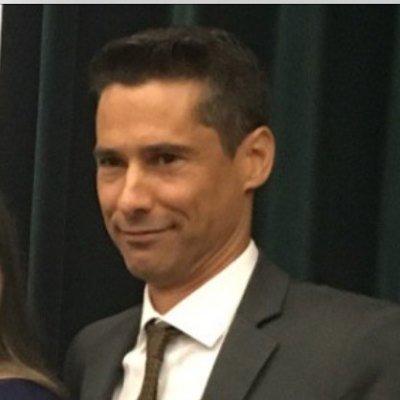








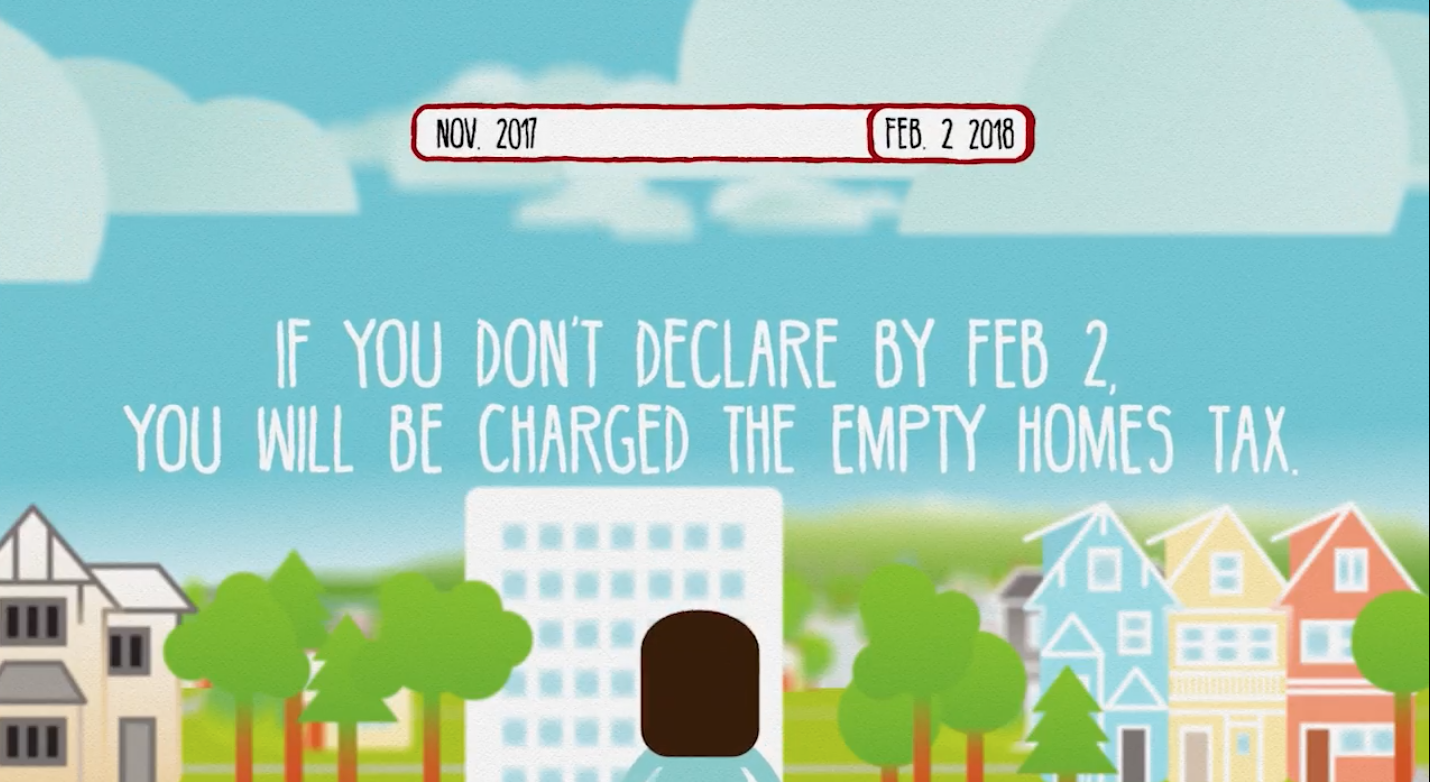

 spent four out of six months in a Toronto hospital. He now takes Kalydeco, another Vertex product. “I haven’t seen a hospital since I was on the drug.”
spent four out of six months in a Toronto hospital. He now takes Kalydeco, another Vertex product. “I haven’t seen a hospital since I was on the drug.”
